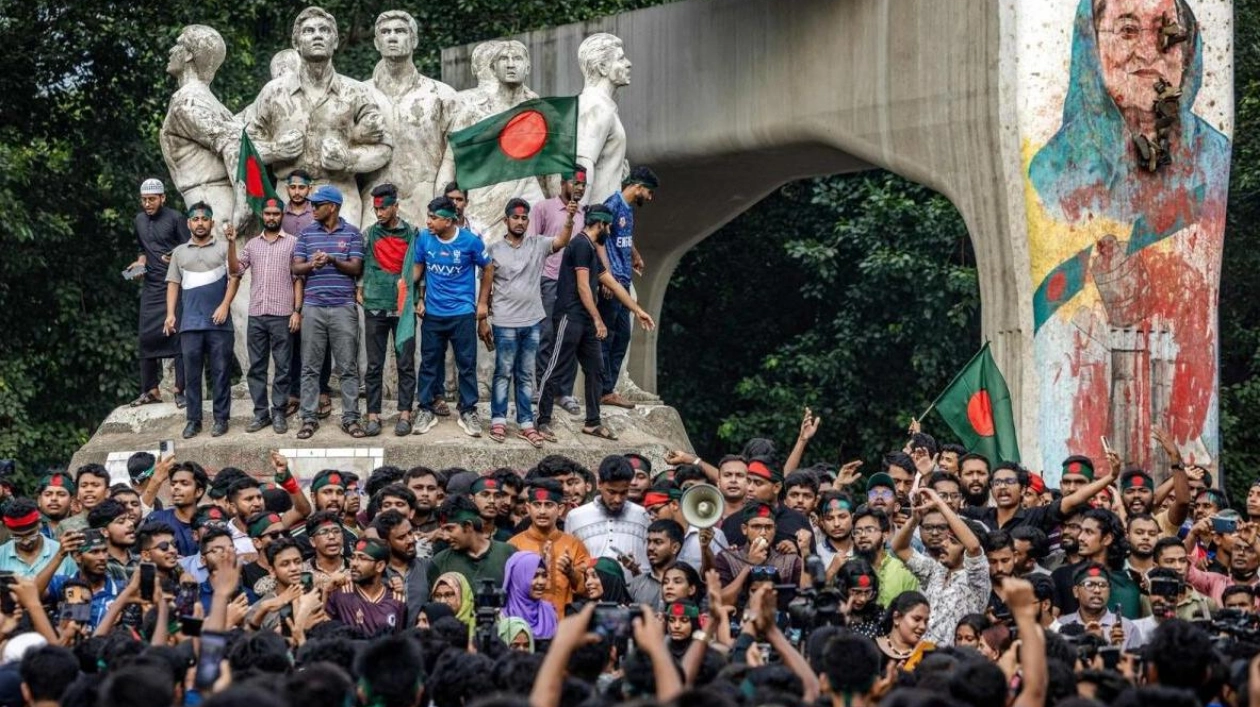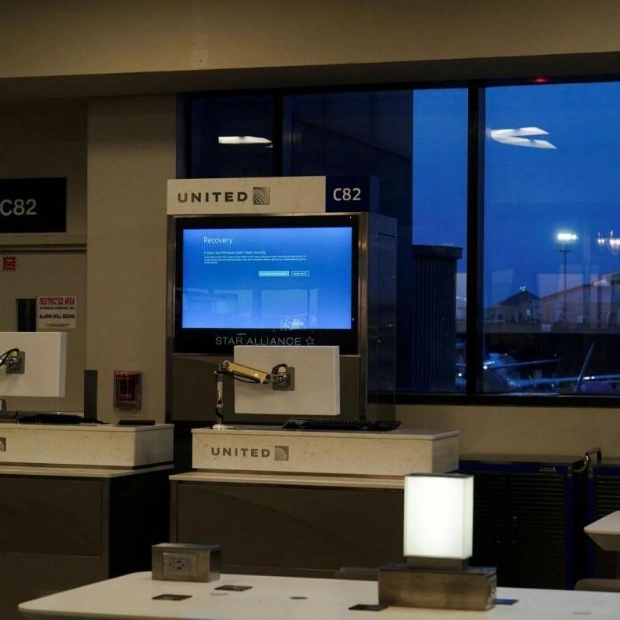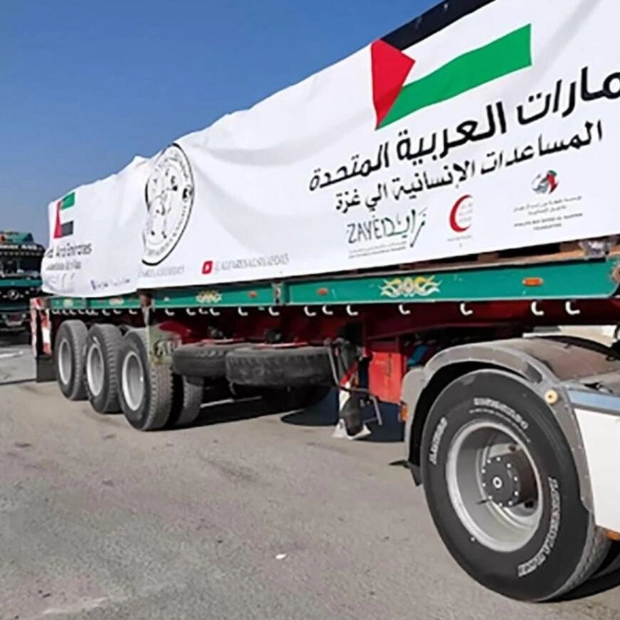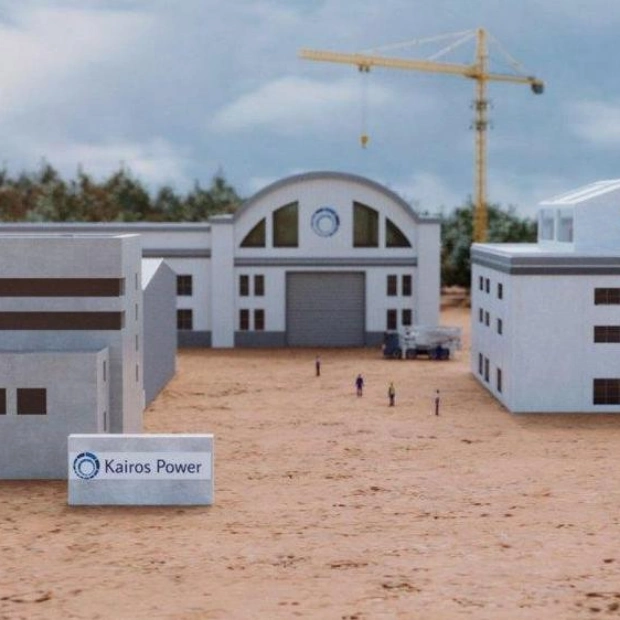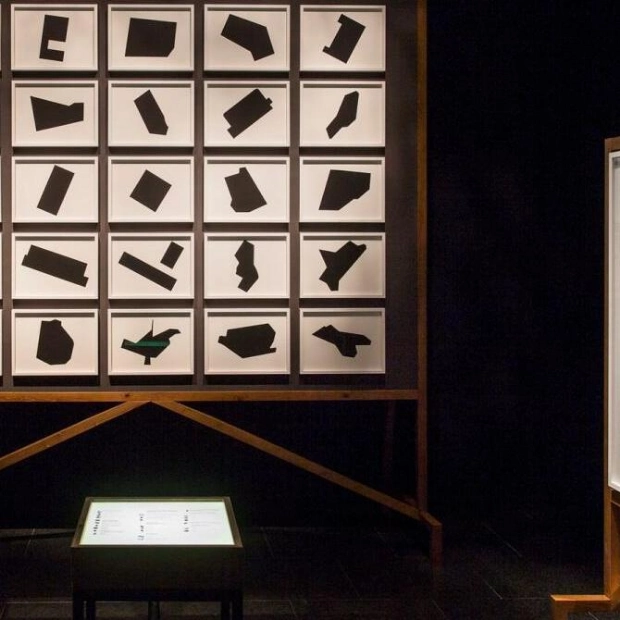Bangladeshi security forces have initiated an operation to retrieve thousands of firearms, including those confiscated during the violent unrest that resulted in the removal of the autocratic leader Sheikh Hasina, according to police reports on Wednesday.
Student-led demonstrations that spanned several weeks intensified into widespread protests, culminating in Hasina's escape via helicopter to India on August 5, after ruling for 15 years. The police attempted to quell the protests with gunfire, but this only incited protesters to raid and plunder police stations, where they seized weapons.
Following Hasina's departure, Nobel Peace Prize recipient Muhammad Yunus has assumed leadership of an interim government. Over 3,700 various types of weapons were recovered during a recent amnesty period for surrendering guns, which concluded on Tuesday. However, more than 2,000 weapons, including rifles, remain unaccounted for, along with thousands of rounds of ammunition and hundreds of tear gas canisters and stun grenades.
Senior police official Enamul Haque Sagor stated that "arms not handed over to police stations by the deadline... the stolen arms will be deemed illegal." The operation involves the army, police, and other security units such as the Rapid Action Battalion (RAB) and Ansar forces.
Two former high-ranking police officers have been detained in relation to the violent crackdown on the protests and are being held on remand. They face accusations of murder, though formal charges have not been filed. These include former police chief Chowdhury Abdullah Al Mamun, who resigned a day after Hasina's escape and was subsequently taken into custody. He expressed a willingness to surrender while in army custody due to a pending case against him and was placed on an eight-day remand on Wednesday.
Another former chief, AKM Shahidul Haque, who served from 2014 to 2018, was detained on Tuesday and placed on a seven-day remand. The preliminary report from a United Nations rights team estimates that over 600 people were killed in the weeks preceding Hasina's ouster, a figure they suggest is likely an underestimate, with many victims being shot by police.
